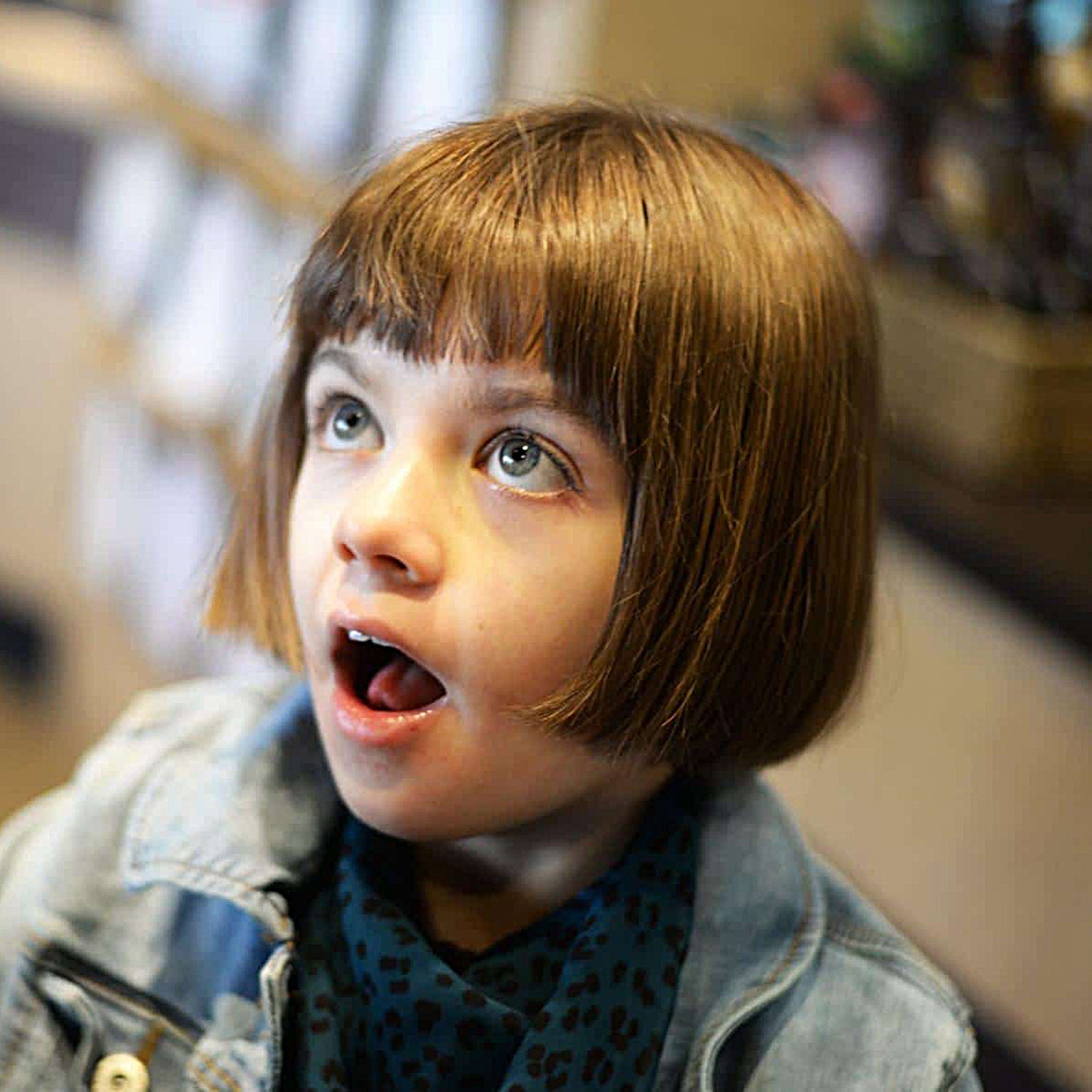
Monumental Strides In The Treatment of Epilepsy Using CBD
Health organizations like the CDC and the World Health Organization, suggest that epilepsy affects more than 50 million people worldwide, and is the most common disorder, neurologically, distinguished by repeated seizures activity.
CBD has been proven to help certain individuals, especially children and more specifically, those with Lennox-Gastaut syndrome, Dravet syndrome, or tuberous sclerosis complex, reduce or even eliminate their seizures. In addition, early clinical studies suggest CBD to significantly reduce seizures in persons with CDKL5 deficient condition, Aicardi syndrome, Doose syndrome, and Dup15q syndrome and appear to sustain its effectiveness throughout the research experiment.
Today, the approval of CBD represents a milestone in the history of medical use of cannabinoids to treat seizure disorders. Pharmaceutical-grade CBD in an oral solution is the first product made directly from the cannabis plant rather than created synthetically, to be authorized by regulatory agencies, and the first in a new class of anti-seizure medications.

CBD and Epilepsy - The Undisputed Truth!
In many ways, CBD seems synonymous with epilepsy. We've all heard amazing stories and seen touching news reports, about the positive effects of CBD and how in some cases, has virtually eliminated seizures caused by epilepsy, particularly in children, children like Charlotte Figi.
This beautiful young girl from Colorado suffered from Dravet Syndrome, an extreme form of epilepsy. Charlotte could experience as many as 300 grand mal seizures a week due to her condition. After Charlotte's doctors had exhausted all other options, her mom Paige began Charlotte on a regimen of CBD oil with low amounts of THC. What happened next shocked the world!
Charlotte's seizures largely disappeared! and her incredible journey impacted thousands throughout the world. Today, Charlotte is the face of the CBD movement. Her heartwarming story can be found everywhere and her original oil is available here... and it's called Charlotte's Web!
VIDEOS
Charlotte's Story - CNN Dr. Sanjay Gupta - Courtesy of Allen Peake
Mom Treats Epileptic Daughter with Cannabis Oil - CBC News
Marijuana and Pediatric Epilepsy | Ted Talk - Josh Stanley - 2014
CBD & Epilepsy Articles
Cannabinoids in the Treatment of Epilepsy: Hard Evidence at Last.
Highly Purified Cannabidiol for Epilepsy Treatment
The approval of CBD represents a milestone in the history of medical use of cannabinoids to treat seizure disorders. Pharmaceutical-grade CBD oral solution is the first product made directly from the cannabis plant rather than created synthetically to be authorized by regulatory agencies, and the first in a new class of antiseizure medications. Experimental data demonstrated that CBD may have antiseizure properties in a broad range of epilepsy syndromes and etiologies [68,69], and open-label studies suggested the effectiveness of purified CBD in the treatment of children and adults presenting with other epilepsy syndromes and seizure types than those addressed by regulatory trials, including CDKL5 deficiency disorder and Aicardi, Dup15q, and Doose syndromes,SYNGAP1encephalopathy, and Sturge–Weber syndrome.
An Open Retrospective Study of a Standardized Cannabidiol Based-Oil in Treatment-Resistant Epilepsy
Cannabidiol (CBD) has antiseizure properties but no psychoactive effects. Randomized controlled trials of an oral, pharmaceutical formulation of highly purified CBD are promising; however, data regarding other formulations are sparse and anecdotal. We evaluated the effectiveness of add-on therapy with a standardized CBD-based oil in treatment-resistant epilepsy (TRE) patients.
Development of Cannabidiol as a Treatment for Severe Childhood Epilepsies
In parallel with efforts within the scientific research community, families of children with difficult‐to‐treat childhood epilepsies were beginning to connect with cannabis growers who were developing previously ‘forgotten’ high‐CBD cannabis strains. The realization that such strains may possess anti‐seizure effects began to emerge via social and mainstream media. A notable example was the story of Charlotte Figi, which was captured in a memorable 2013 CNN documentary.
At that time, Charlotte was a 5‐year‐old American girl who suffered dozens of seizures a day due to intractable DS, a disease associated with an average life expectancy of just 8 years. Local producers of cannabis oil in Colorado developed a specialized high CBD/low THC product, later dubbed “Charlotte's Web,” which was able to cause a remarkable reduction in Charlotte's seizure rate (Maa & Figi, 2014).
Against a backdrop of Charlotte being a twin to a healthy sister, together with her father being in the US military, the human‐interest documentary helped propel the potential use of ‘medical marijuana’ into the public's consciousness. Other growers began to develop high CBD/low THC strains, and several families began to seek access to such strains, some via knowledge of the publications from the University of Reading.
In particular, the mother of Sam Vogelstein (a child with intractable childhood epilepsy who became Epidiolex patient #1) contacted GW Pharmaceuticals, citing the work of Jones et al. (2010), to request access to CBD. The treatment reportedly had significant efficacy—after 3 days of treatment, Sam was down from dozens of seizures per day to around one seizure per day.

